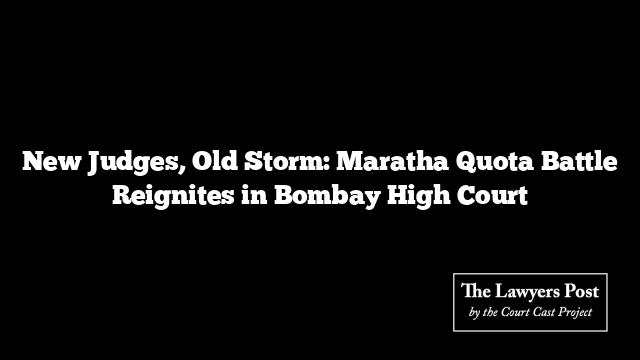In a judgment that sent ripples through India’s matrimonial litigation landscape, the Supreme Court has acquitted a man embroiled for over two decades in a dowry and cruelty case—while issuing a stern warning about the growing abuse of Section 498A of the Indian Penal Code.
The case dates back to 1999, when the man’s wife accused him of mental and physical abuse, including a miscarriage allegedly triggered by assault. Her complaint led to criminal charges under Section 498A and the Dowry Prohibition Act. Convicted by the trial court and later by the Allahabad High Court, the man finally found vindication in the country’s highest court.
But this was more than just an acquittal. The Bench, comprising Justices BV Nagarathna and Satish Chandra Sharma, took the opportunity to sharply critique the misuse of laws intended to protect women, warning that vague and sweeping allegations are corroding their credibility.
“The term ‘cruelty’ is being subjected to rather cruel misuse,” the Court observed, stressing that claims must be anchored in concrete events—specific dates, verifiable instances, medical records—not speculative or broad accusations.
What disturbed the Court most was a pattern it said is becoming increasingly common: complainants naming not just the spouse but a whole constellation of relatives—aged parents, married sisters living in other homes, even distant kin—with no specific charges. According to the Bench, this casts serious doubt on the intent behind such complaints and distorts the protective purpose of the law.
The couple, the Court noted, had cohabited for only 12 days following their 1997 marriage. The complaint was filed only after the husband initiated divorce proceedings—another detail that added skepticism to the case’s foundation.
Medical evidence for the alleged miscarriage? Absent. Specifics on alleged assaults? Lacking. Independent corroboration? None.
Underlining the cardinal principle of criminal jurisprudence—proof beyond reasonable doubt—the Court found the prosecution’s evidence too flimsy to hold. It reiterated that emotional anguish alone, without hard evidence, cannot lead to conviction under Section 498A.
Drawing on precedent, including its recent ruling in Dara Lakshmi Narayana v. State of Telangana, the Court emphasized that dragging extended families into matrimonial cases without distinct, provable actions of cruelty is an abuse of the justice system.
In a country where protective laws are necessary shields for many vulnerable women, the ruling serves as a cautionary tale: when those shields are wielded as swords, the entire edifice of justice trembles.
The man is now free—but only after 26 years, and a legal journey that stretched across courts and decades.





